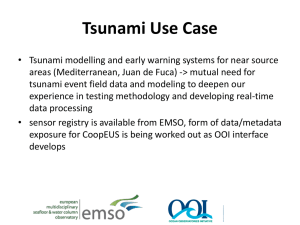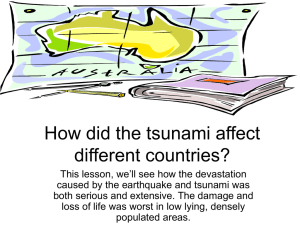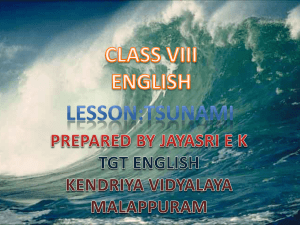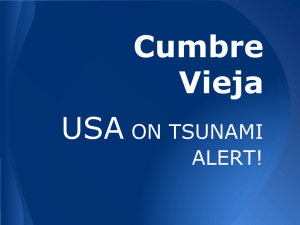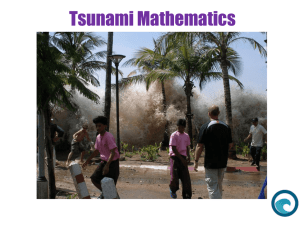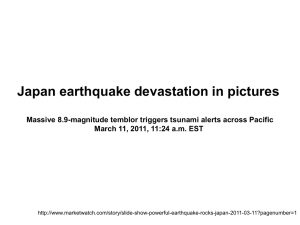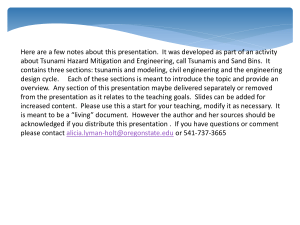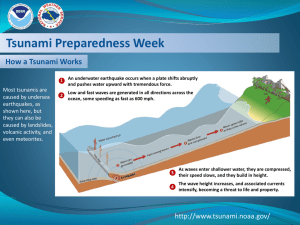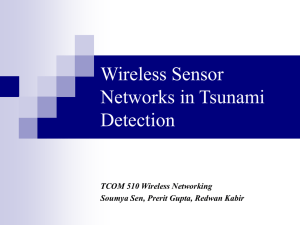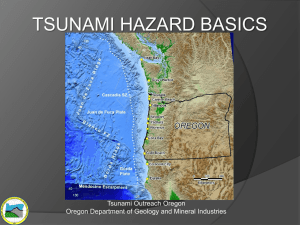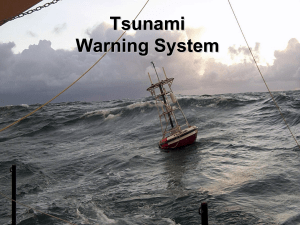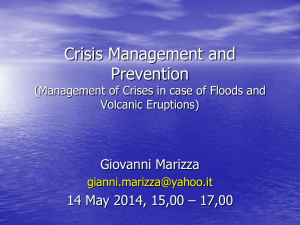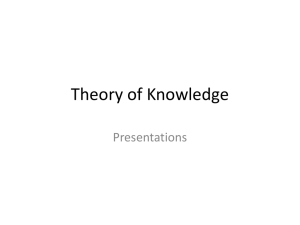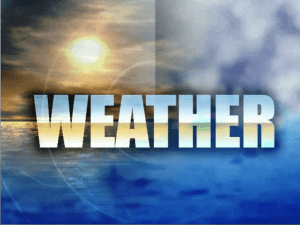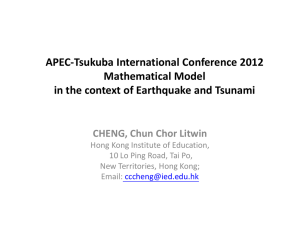Tsunamis
advertisement
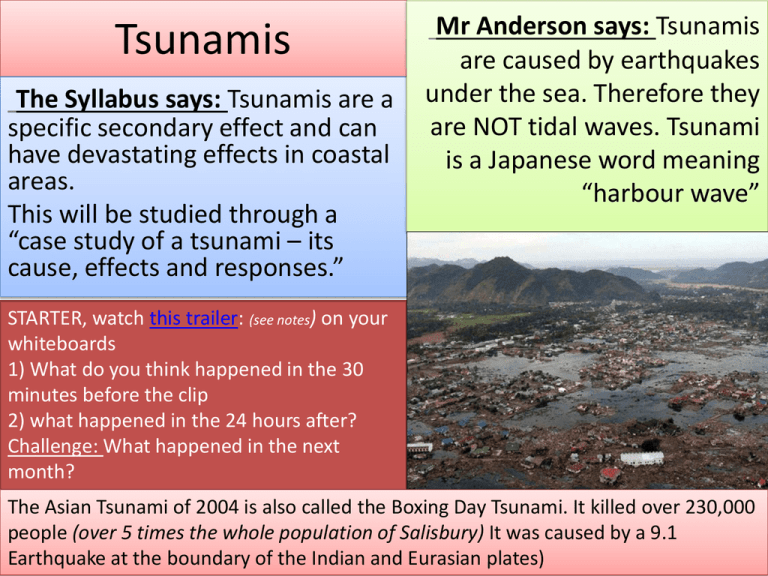
Tsunamis The Syllabus says: Tsunamis are a specific secondary effect and can have devastating effects in coastal areas. This will be studied through a “case study of a tsunami – its cause, effects and responses.” Mr Anderson says: Tsunamis are caused by earthquakes under the sea. Therefore they are NOT tidal waves. Tsunami is a Japanese word meaning “harbour wave” STARTER, watch this trailer: (see notes) on your whiteboards 1) What do you think happened in the 30 minutes before the clip 2) what happened in the 24 hours after? Challenge: What happened in the next month? The Asian Tsunami of 2004 is also called the Boxing Day Tsunami. It killed over 230,000 people (over 5 times the whole population of Salisbury) It was caused by a 9.1 Earthquake at the boundary of the Indian and Eurasian plates) 30 minutes before The tsunami 24 hours after Over the next 6 months The exam board says you need to know A case study of a tsunami – its causes, effects and responses to it. Now categorise the 20 statements in the envelope into either: Can you finish before the music does? • Description and causes of the tsunami • Effects • Responses Too easy? Finished? What effects could you add from the trailer? The whole in my tooth was caused by too many sweets The effect of this whole was toothache My response was to get a filling from my dentist (And to eat less sweets in the future) Main task 1 The effects and responses to the Boxing Day tsunami a) Fill out the tables on the effects and responses to the tsunami b) Complete the map of the tsunami (helps provide you with PSI for the exam) Resources: Padlet page (via ipad…. Check the emails) Copy of page from revision guide Connective literacy sheet Your focus reminder 1 And only if you have finished ….p. 21 “understanding GCSE Geography” By the end of the first task… (D/C) To list at least 4 effects and 4 responses to the Asian Tsunami and categorise these into social, environmental and economic (C/B) Do C/D and begin to 1) describe the links between short term and long term effects and 2) explain the impacts of the responses to the Asian Tsunami (B/A) Do C/B and fully describe how the effects interact to create long term and short term effects. To evaluate the effectiveness of the responses by seeing how they may alter the effects A* Challenge: does there seem to be one place worse affected than others? Why is this the case? Main task 2 The causes of the Boxing Day tsunami a) Cut out and annotate the diagrams to fully explain the causes of the tsunami Resources: Padlet page (via ipad) Copy of page from revision guide p. 21 “understanding GCSE Geography” Connective literacy sheet Your focus reminder 2 By the end of the second task… (D/C) Give one process that shows tsunamis are linked to earthquakes (C/B) Explain in a linked sequence the causes of a tsunami, use some key words (B/A) Explain in detail the causes, the WHOLE sequence, using key terms of how a tsunami is caused A* CHALLENGE: why would a tsunami be very unlikely to occur from an earthquake at a constructive or conservative plate margin? Exam questions Use a case study to describe the responses to a tsunami. (8 marks) Use a case study to describe the effects of a tsunami (6 marks) No question yet on the causes of a tsunami!!!! Homework – due Tuesday 16/12 • • • • Incomplete ebis? Differences between Shield and composite volcanoes Notes on Montserrat eruption (causes effects responses) Prepare for ex q on 1) Alps 2)types of volcano and 3)passive plate margins 4) effects of tsunami
